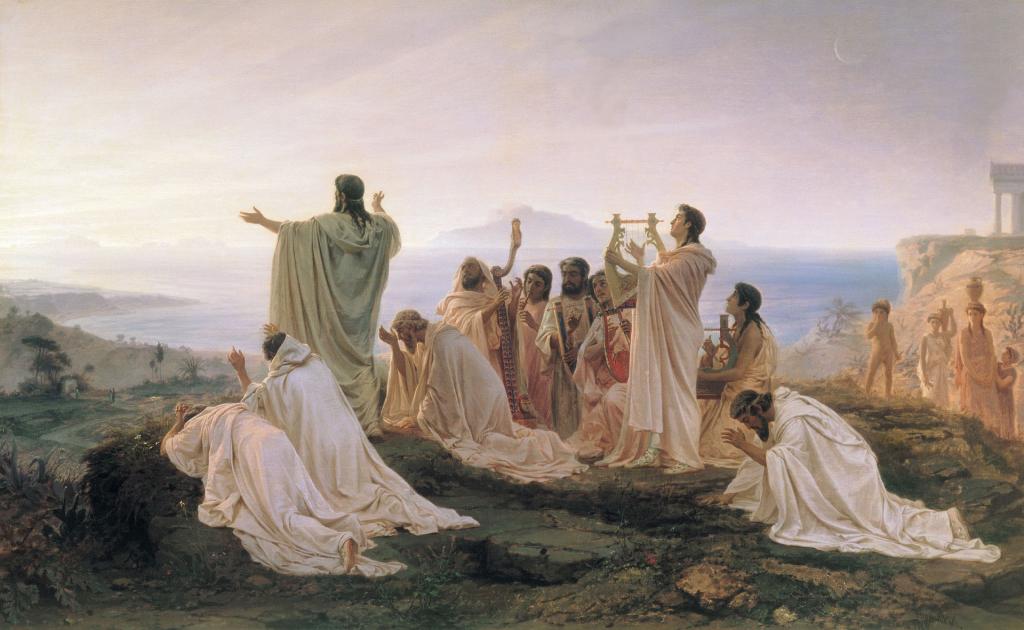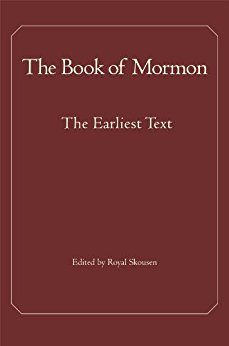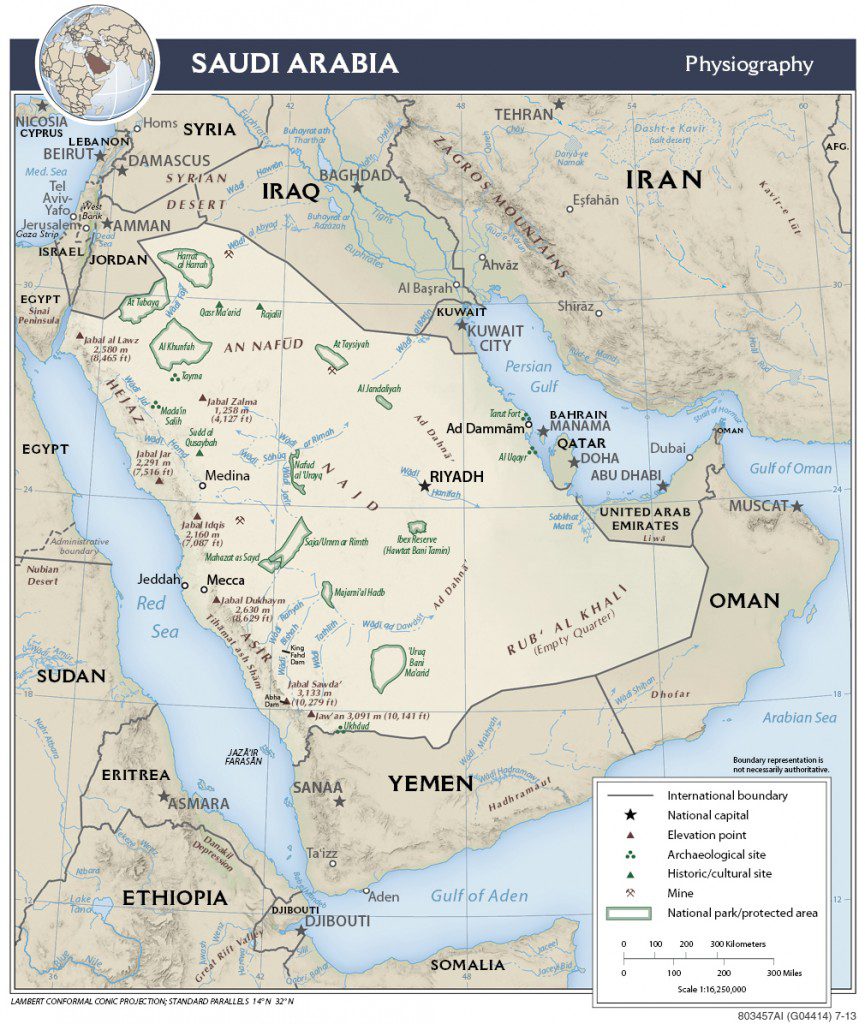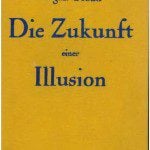Further notes, from a manuscript, on the ethical teaching of the Qur’an: The sins that are likely to characterize the wealthy in a commercial society come in for particular attention. For instance, believers are told to give just weight and full measure in their market and trade exchanges.[1] The Qur’an shows special solicitude for the treatment of orphans. Its admonitions resemble the principle in the epistle of James, that “pure religion and undefiled before God and the... Read more

















